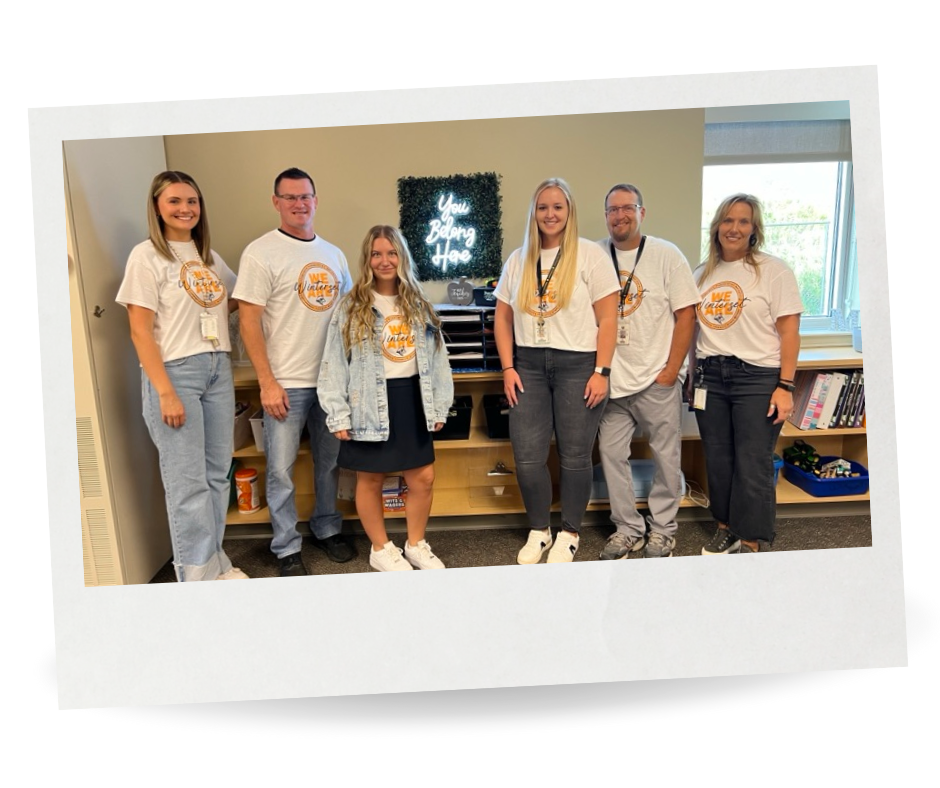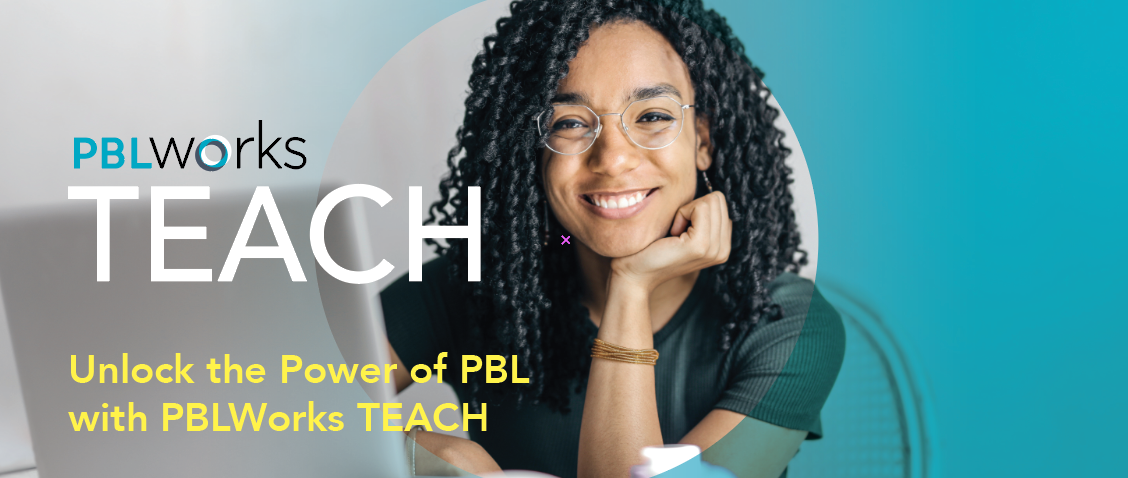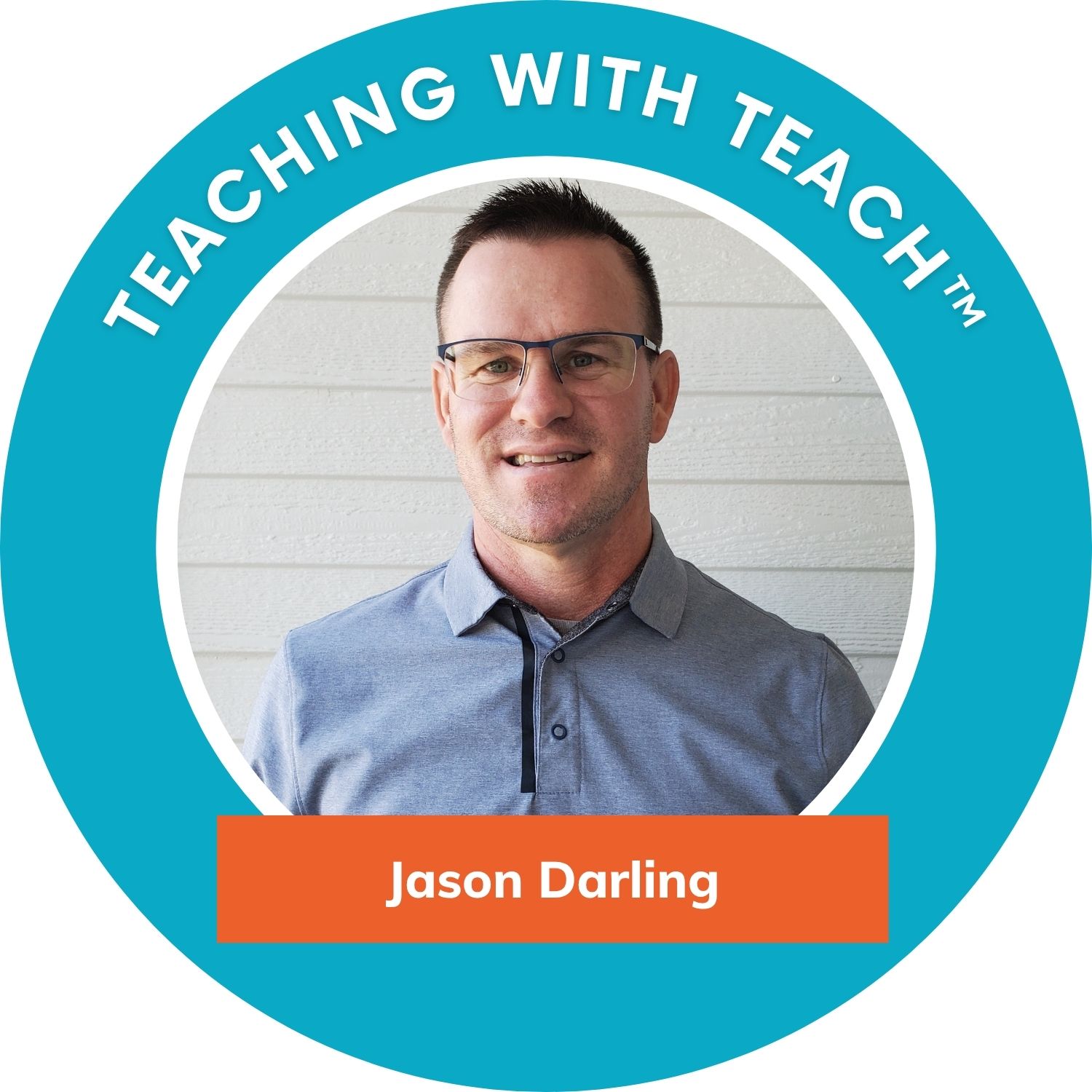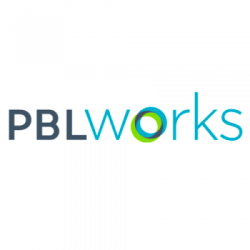We had the chance to connect with Jason Darling, a veteran math teacher and sixth-grade PLC lead at Winterset Middle School in Iowa, who recently brought one of our PBLWorks TEACH Math units to life in his classroom.
With over two decades of experience, Jason has long been committed to making math relevant and meaningful to students. When his district prioritized authentic learning and brought the leadership team to PBL World, Jason embraced the opportunity to shift toward Project Based Learning. From experimenting with real-world applications like cooking and ratios, to building deep student collaboration and community impact, his classroom was transformed into a space of purpose, problem solving, and pride. And the most powerful outcome? Watching students light up as they saw themselves as confident, capable mathematicians, with something valuable to contribute.
To start us off, tell us a bit about yourself and your journey as an educator?
Jason: I’ve been teaching for 26 years, primarily math. I currently serve as the lead in our sixth-grade PLC at Winterset Middle School. Over the past few years, our district has been focused on more authentic learning experiences, which is how we began our journey with Project Based Learning (PBL).
What has guided you in your approach to teaching math over the years?
Jason: Building connections with students and making math relevant to their lives. I’ve always tried to answer that age-old question: "When are we going to use this in real life?" Making math feel real and applicable has been a consistent goal. With PBL, I noticed students truly enjoying math, especially when doing hands-on experiments and discoveries.
What sparked your journey into Project Based Learning—and how did you end up connecting with PBLWorks along the way?
Jason: The Winterset Middle School had access to some funds and decided to take our entire middle school leadership team to PBL World as part of our district’s authentic learning focus. That’s where I joined the Math TEACH workshop with National Faculty member Bryon—just a great experience overall. Our sixth-grade team jumped in right after that summer to put our PBL learning into practice.

Tell us about your Math TEACH workshop at PBL World—what was that experience like for you? What insights did you walk away with, and how did it feel leaving with a full unit you could put into practice right away?
Jason: Joining the Math TEACH workshop at PBL World was very helpful. It was great to be able to learn from some of the people who had created the Community Recipes unit. I was also able to collaborate with others from around the country who were on the same educational journey as our school. It really jump started this project for us and helped make it more practical, reasonable, and doable. Plus, just the energy created by Bryon and the other presenters was very motivating.
What project did you choose to implement, and how did it go?
Jason: We chose the Community Recipes project. Students explored cooking—specifically cookies—and applied math through ratios and proportions. It was a great entry point into applying math in real-life scenarios. Our team also adapted and expanded the project with support from PBLWorks (NF Bryon), making it more relevant to our goals and context.
What kind of adaptations did you make to the project?
Jason: During PLC meetings with coaches and our principal, we brainstormed ways to integrate civic responsibility. So, we compiled the students’ family recipes into a cookbook and sold it, donating proceeds to CRISP, a local organization that helps families in need. It added a meaningful community impact to the project.
Was this your first time teaching using a PBL curriculum unit?
Jason: Yes—it was our first time, and we jumped right in.
What shifts did you experience as a teacher, especially in a math classroom?
Jason: It was definitely a shift, especially since ratios and proportions are key sixth-grade standards. At first, we were hesitant. But through the project, students engaged deeply with the concepts, and we actually saved time—we didn’t need to reteach the material as much. They understood it so well through the exploration and practice.
How did students respond to the new project-based approach? Did you see a shift in engagement?
Jason: Student engagement was huge. It was something new and collaborative. Students relied on each other using strategies like vertical whiteboards and team roles. They saw the relevance in what they were doing, and the unit flew by!
Can you talk about success skills—beyond math content—that students developed?
Jason: This project took their collaborative skills to the next level. They naturally leaned on each other more, and the collaboration was deeper and more authentic.
You’ve used a lot of resources over the years. What felt unique about this experience?
Jason: Turning the power over to the students. The discovery element, especially early on, was exciting. And we were still able to integrate our own materials and strategies. Through our PLC team, we aligned essential standards and reinforced the project with our own approaches where it made sense. For example, we had a couple of lessons that we used in the past with ratios and proportions, that we really liked, so we integrated those into our Community Recipes unit where they fit.
What advice would you give to math teachers hesitant to try PBL?
Jason: Do it as a team. That made all the difference for us. We had five or six of us meeting early in the mornings, dividing tasks, sourcing materials, and supporting each other. Jump in, make it your own, and lean into the flexibility to adapt it to your context. It actually helped us move faster through our curriculum.
And finally, what would you say is the biggest promise of PBL?
Jason: Engagement and enjoyment—for both students and teachers. It shakes up your routine in a good way. Yes, there’s front-loading involved, but with a strong team, the load is lighter. Most importantly, students loved it and the project was a success.

Explore additional resources tailored for math educators, department heads, and school leaders seeking to strengthen math instruction and student outcomes.


